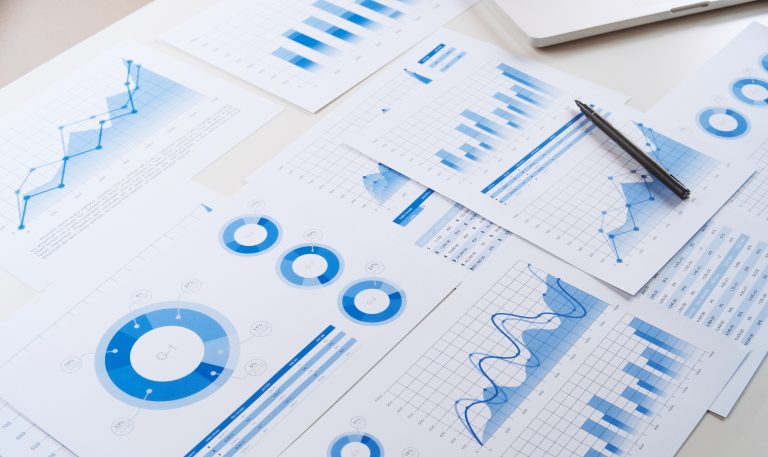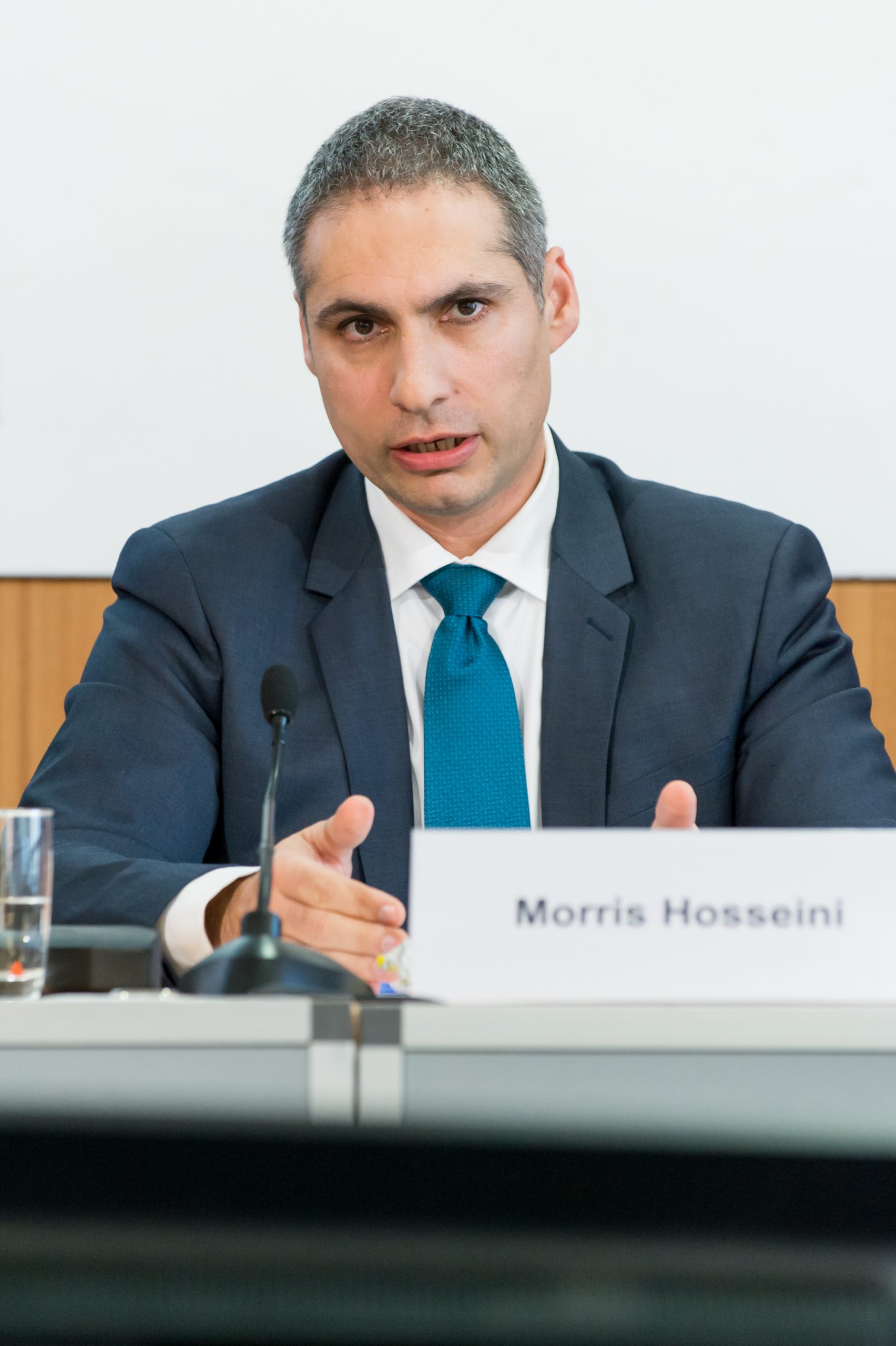How much does antibiotic production cost in Europe?
On behalf of Pro Generika, the management consultancy Roland Berger has prepared a feasibility study.
It is investigating three models of how to intensify the production of active ingredients for antibiotics in Europe.
This study examines
Production
Location
Costs
Against the backdrop that many supply-critical active ingredients are produced in emerging countries outside the EU, the management consultancy Roland Berger used the example of antibiotics in the study to examine three models of how active ingredient production could be intensified in Europe. Due to shortages of supply, also for supply-critical active ingredients, more and more actors in the health care system are calling for a shift of pharmaceutical production back to the EU.
What is the initial situation?
Due to the low price level of generic antibiotics, local production in Germany is no longer economical. Supply shortages in the German market due to production concentration in low-wage countries are the result. The risk to supply security increases due to dependence on foreign production. This is why politicians and the public are increasingly discussing the return of production to Germany and Europe.
What is the problem?
A high proportion of active antibiotic ingredients are imported into Germany. They come mainly from non-EU low-cost countries. This endangers the supply of antibiotics and can lead to supply bottlenecks.
How did the relocation of active ingredient production to Asia come about?
- According to Roland Berger, this is initially due to the targeted development of production capacities in China.
- Local production of active ingredients was subsidised in the 1980s to ensure Chinese independence in antibiotic production.
- Production capacities for human and veterinary active ingredients were built up extensively.
- At the same time, the price pressure on generic medicines increased in Europe - with a simultaneous rise in costs for local production due to increasing controls and rising regulations.
What does the Roland Berger study calculate?
Using the example of cephalosporins (an important group of antibiotics that is no longer produced in Germany), the study examines what it would cost to produce these active ingredients again in this country. The analysis focuses on the production steps from fermentation to intermediate production to active ingredient production.
Pathways to the production of antibiotic agents in Germany and the European Union (November 2018)



